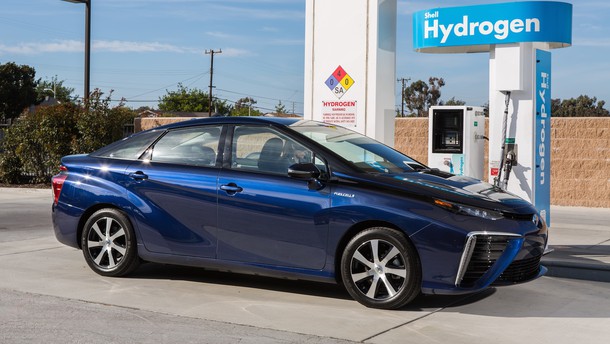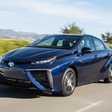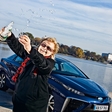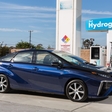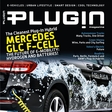
The CAM team, based in Bergisch Gladbach and headed by Prof. Dr. Stefan Bratzel, closely examined more than 8,000 new innovations in the time period from 2005 to 2015. They rated them according to their relevance to the market and industry as well as their innovativeness.
The winner was world's first mass¬produced fuel cell sedan to become available to the public. Hydrogen is transformed in the fuel cell stack into electricity. FCVs are zero emission vehicles, emitting only water during driving. They are just as easy to use as most conventional vehicles and are even capable of making long trips (thanks to their range and refuelling time, both comparable to those of a petrol car).
Featured in the top three is another Toyota model. Namely, the Toyota Prius Plug¬in Hybrid came in third, being the first mass¬produced plug¬in that can be charged using any standard household socket and in addition to 5.2 kW/h electricity uses just 2.1 litres of fuel per 100 kilometres, which corresponds to 49 grams of CO2 emissions per kilometre.
